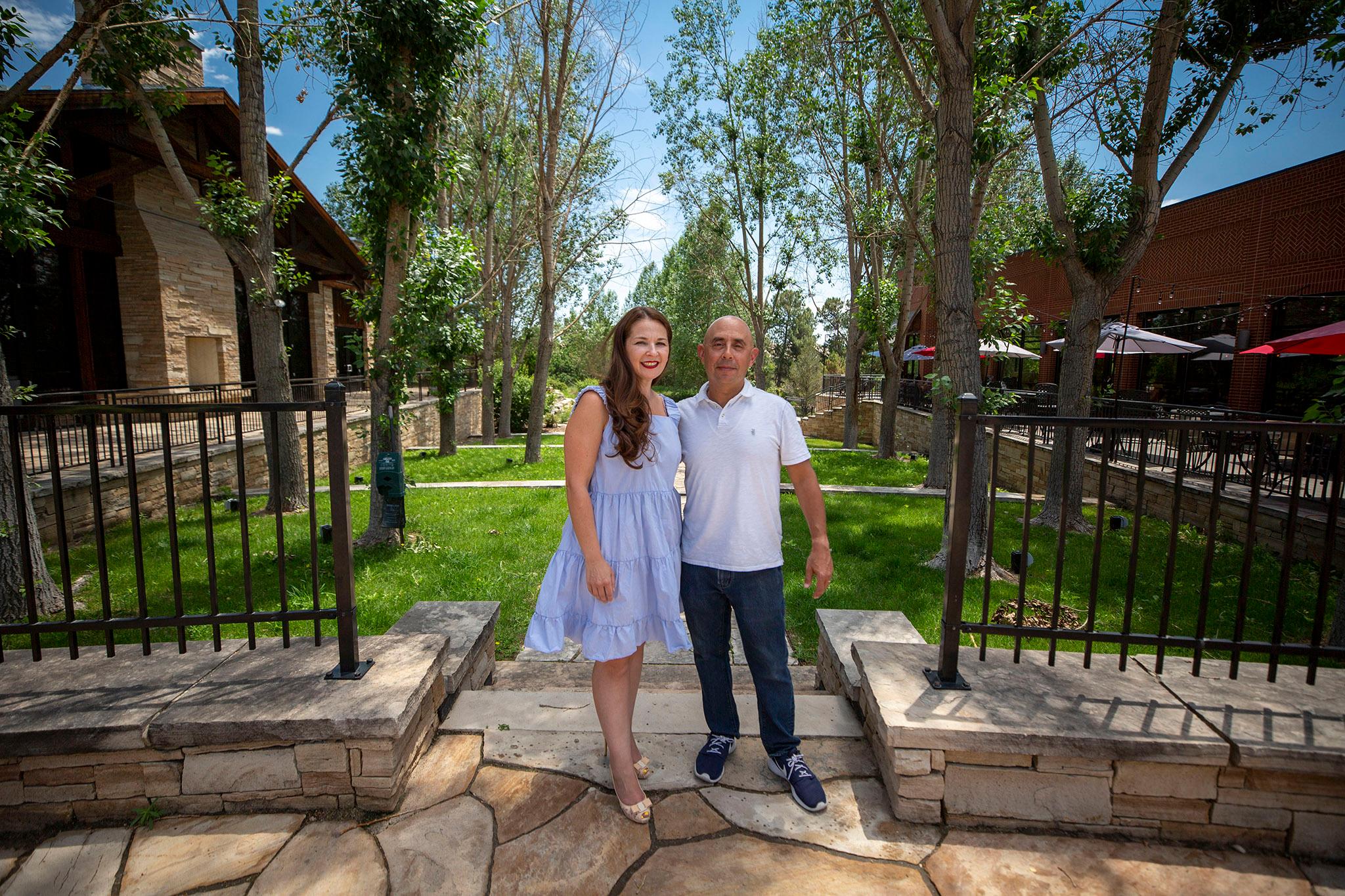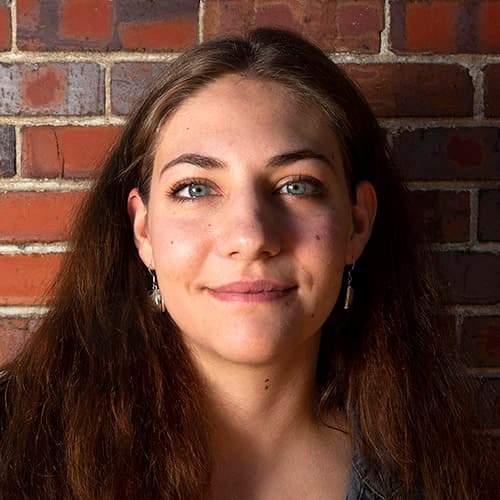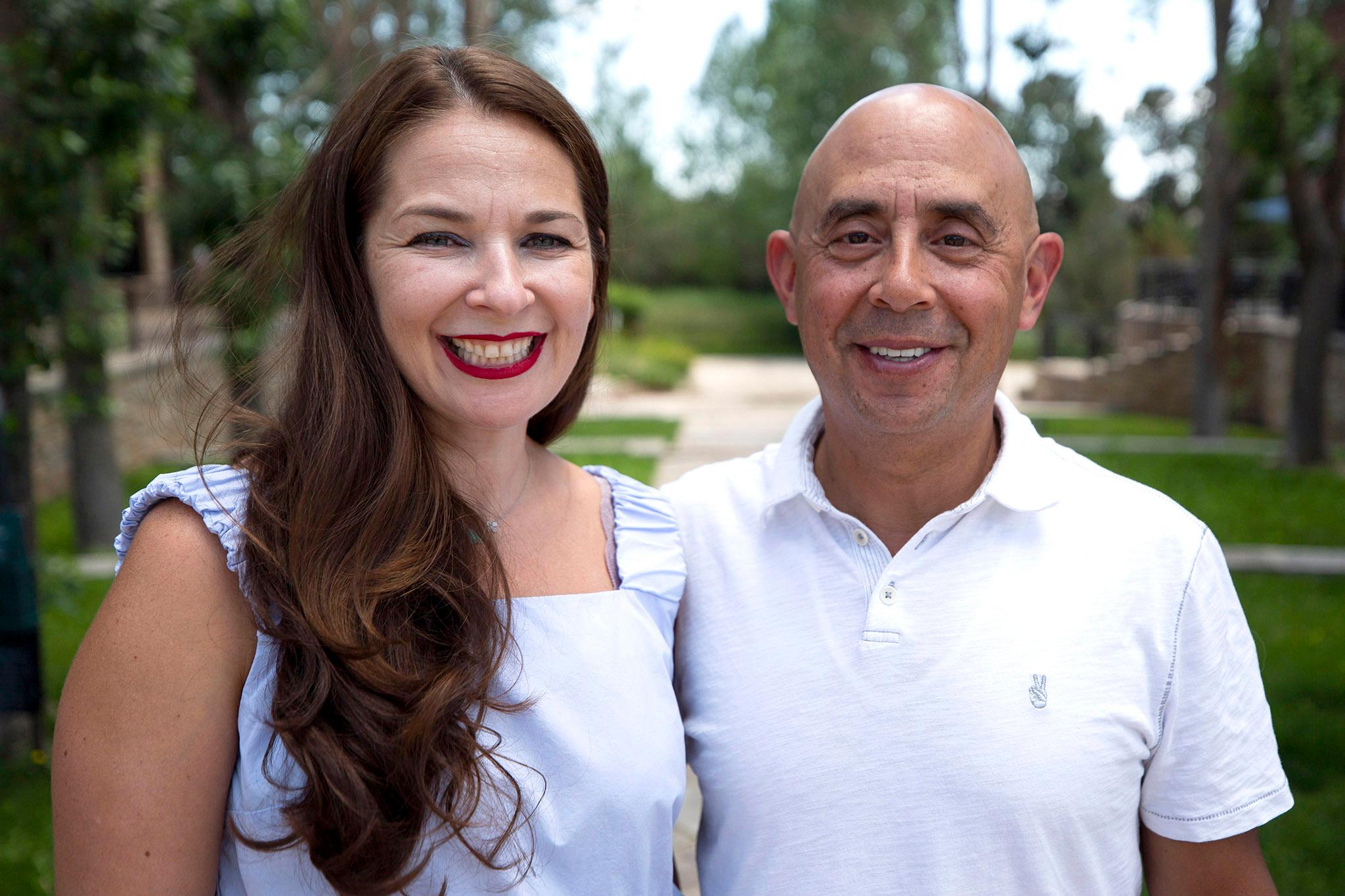Ari Cohen was in his early 20s when he received a felony conviction for possession of marijuana with intent to distribute. He went through Missouri's court system and spent a short time in jail and on probation. The felony is still on his record.
For almost 30 years, he kept the charges under wraps. Only his wife, his mother and a handful of family members knew. But Cohen was reminded with every job application, with every piece of mundane paperwork filed.
"Twenty-five, almost 30 years later, and what I was charged with -- I'm actually able to do now legally," Cohen said. "It's kind of crazy."
Ari Cohen and his wife Karina are poised to be the first approved marijuana delivery business in Denver -- the city's Department of Excise and Licenses confirmed that their application was the first.
Now, Cohen's felony is opening doors rather than closing them.
Denver has aimed to make marijuana licensing more equitable for a few years now, officially passing legislation to dole out licenses almost exclusively to "social equity applicants" in April of this year.
Social equity applicants are those who have suffered as a result of the war on drugs. Colorado classifies them using a few criteria: If someone has lived in an underserved area of Denver, makes under a certain amount of income, or has had marijuana convictions in the past they are likely eligible.

The couple are both immigrants; Karina from the Ukraine and Ari from Israel. They moved to Denver from the East Coast four and a half years ago for a change of lifestyle, and to raise their daughter outside of a big city.
Professionally, Ari's background is in hospitality and food service. He transitioned into consulting for the cannabis industry, working for other license-holders, but he didn't think about applying for one himself. The couple first considered doing delivery in 2020, and discovered they might qualify for social equity in April.
"The process is difficult, but the state's been great at helping us," Ari said. The last hurdle is getting final approval from the city.
Then, delivery in the Denver area would open up for them. But their sights are set even higher: they hope to serve the entire state someday.
"Yeah, it was a hardship for me, but I realize other people in this war on drugs have suffered much harder hardships," Ari said. "I'm getting this opportunity, we're getting this opportunity, to lift ourselves and others at the same time."













